
The Plains to the mid-Mississippi Valley continue with warm and dry conditions. Any fires that initiate could spread quickly. The warm temperatures will expand across the Southern Plains into the Southwest where numerous records are expected through the weekend. Meanwhile, a cold front will move southward across the northern Plains and Great Lakes region where some snow will develop this weekend. Read More >
Grand Junction, CO
Weather Forecast Office
Overview
|
A prolonged period of strong northwest flow carried sufficient moisture from a decaying atmospheric river and produced significant snow over the mountains of western Colorado, as well as some northern and central valleys. Snow favored the northwestern and western slopes across the northern and central portions of the forecast area with over 3 feet of snow falling in some areas. Showers began in earnest on Wednesday night, February 5 and into Thursday with heavy snow continuing through Friday before activity diminished Friday night, February 7. Wind gusts with this storm exceeded 50 MPH, resulting in hazardous travel with reduced visibility in blowing snow. Additionally, snow rates approached 2 inches per hour at times. This severely impacted travel, particularly along I-70 with Vail Pass closing several times throughout the event, often for an extended period of time. Additionally, the heavy snow led to treacherous backcountry conditions and the increased threat for avalanches with the Colorado Avalanche Information Center (CAIC) having to issue numerous Avalanche Warnings during the event. |
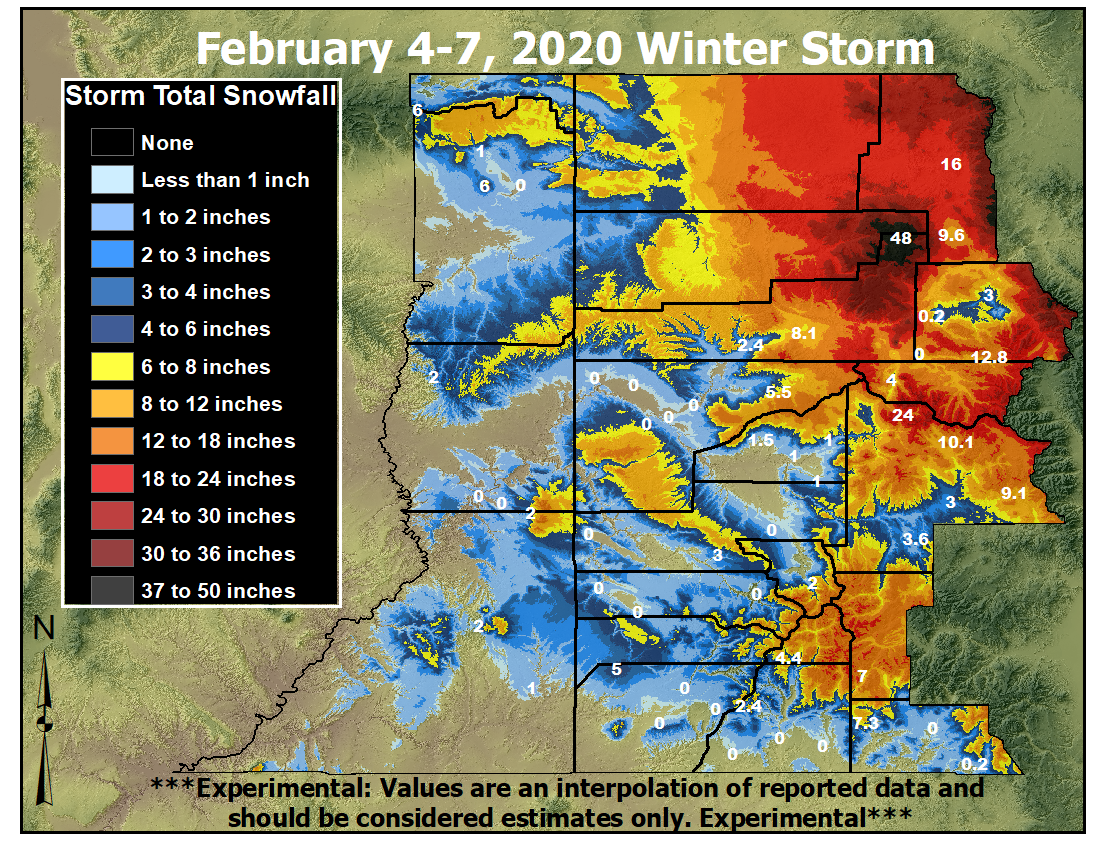 Storm Total Snowfall: February 4-7, 2020 |
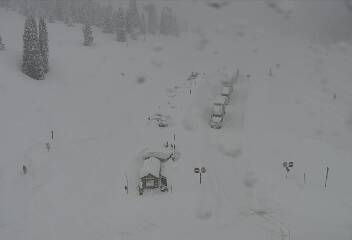 |
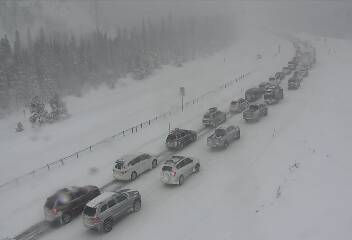 |
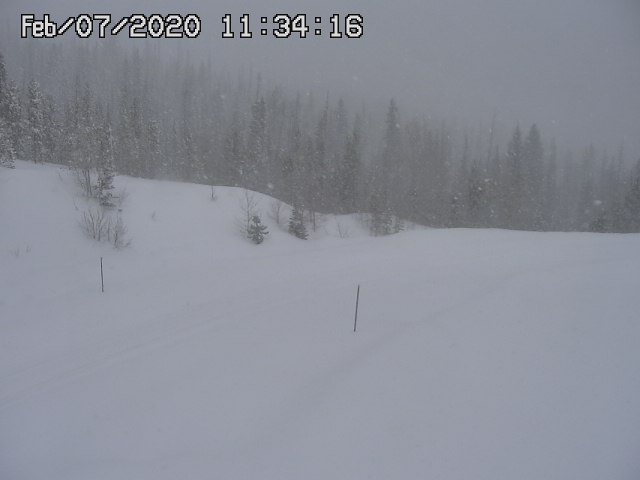 |
| Rabbit Ears Pass on February 7, 2020 (Credit: CDOT) | Vail Pass on February 7, 2020 (Credit: CDOT) | Gore Pass on February 7, 2020 (Credit: CDOT) |
Photos & Video
Heavy snow fell across the Upper Yampa River Basin
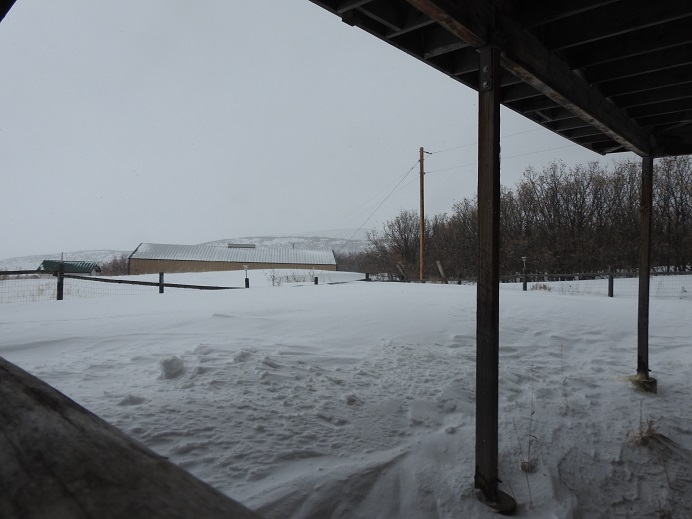 |
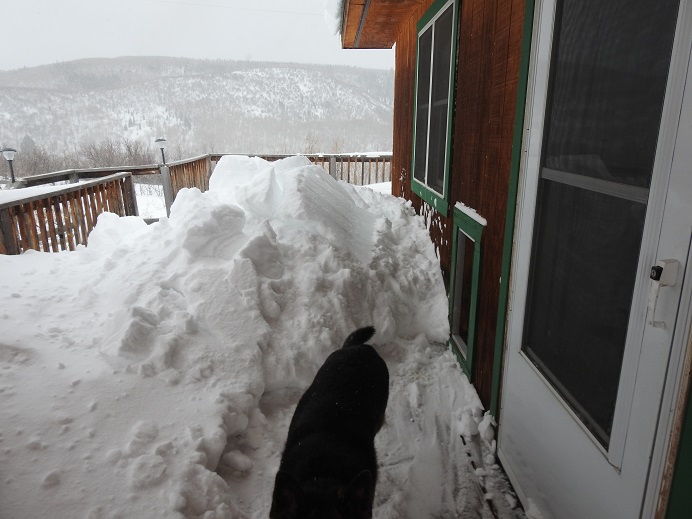 |
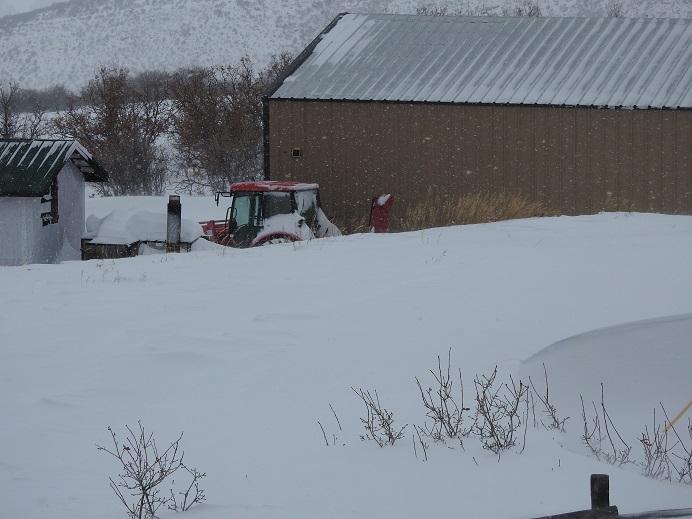 |
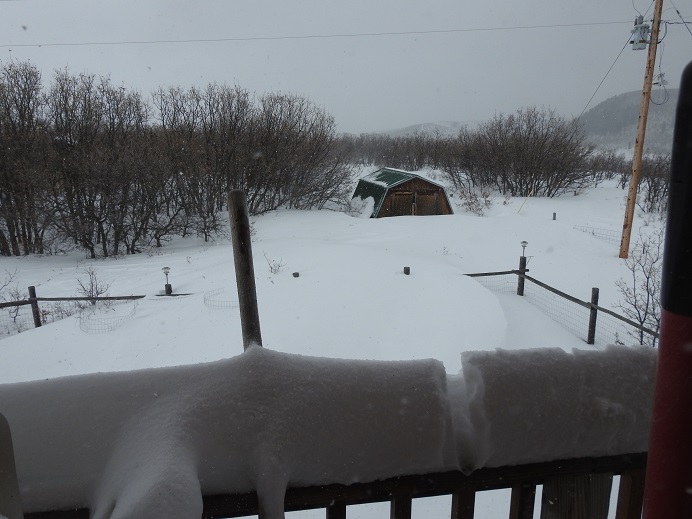 |
| Near Oak Creek (Credit: Steve Strickler) |
Near Oak Creek (Credit: Steve Strickler) |
Near Oak Creek (Credit: Steve Strickler) |
Near Oak Creek (Credit: Steve Strickler) |
Storm Reports
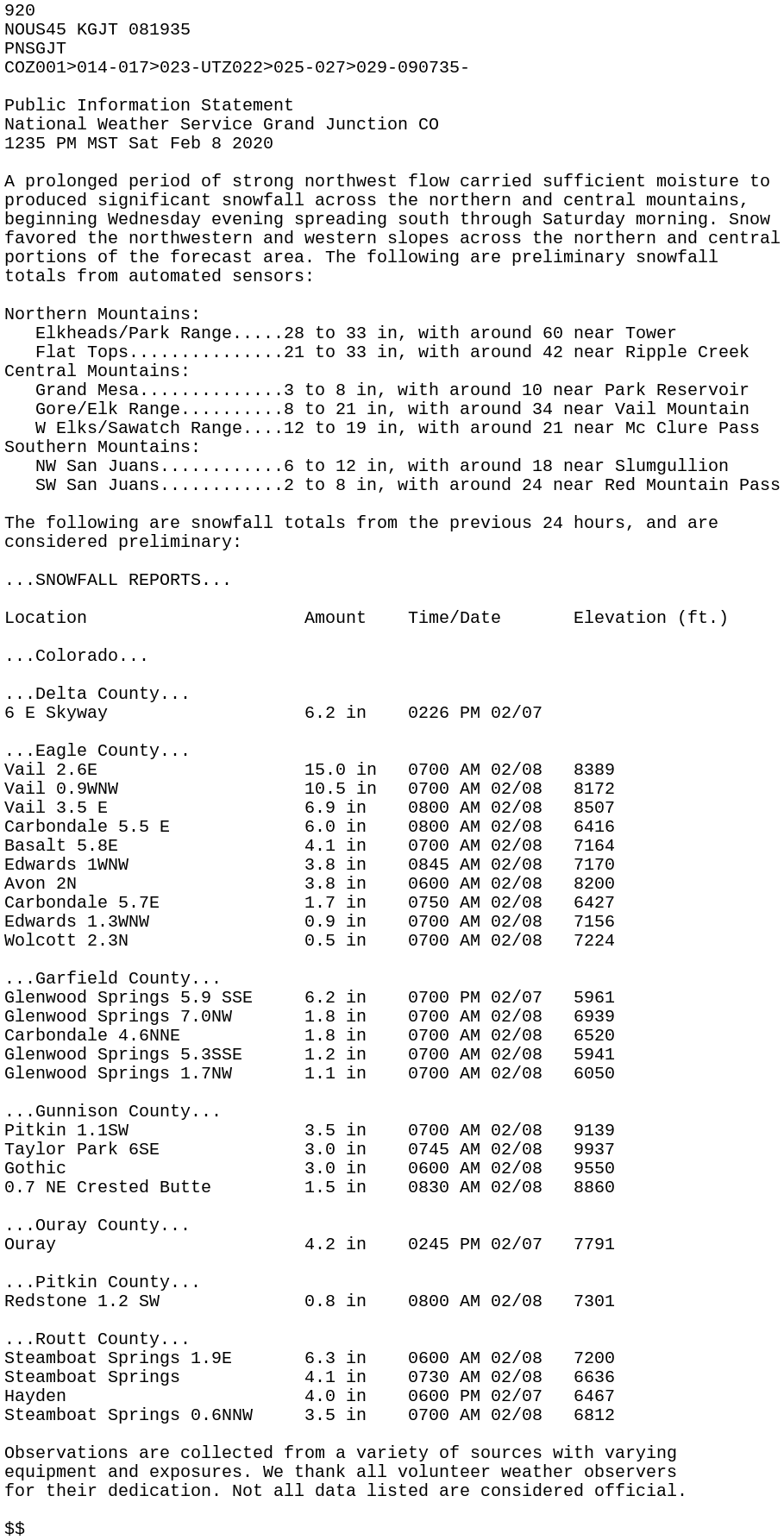
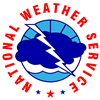 |
Media use of NWS Web News Stories is encouraged! Please acknowledge the NWS as the source of any news information accessed from this site. |
 |
Hazards
Detailed Hazards Viewer
National Briefing
Outlooks
Transportation Decision Support
Winter Storm Severity Index
Forecasts
Aviation Weather
Fire Weather
Forecast Discussion
Forecast Points
Local Area
Severe Weather
Soaring Forecast
Winter Weather
Hydrology
Recreational River Report
River Forecast
Weather Safety
Preparedness
NOAA Weather Radio
StormReady
SkyWarn
US Dept of Commerce
National Oceanic and Atmospheric Administration
National Weather Service
Grand Junction, CO
2844 Aviators Way
Grand Junction, CO 81506-8644
970-243-7007
Comments? Questions? Please Contact Us.

